By any measure, Latin American democracy is in trouble. Will things get worse before they get better? Patricio Navia, Eduardo Amadeo, Sergio Guzmán, all think (and certainly hope) that democracy will survive in their countries and in their region.
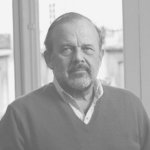 Eduardo Amadeo has served his country in many capacities, most recently (2015-19) as an elected member of the national Congress, representing Buenos Aires as a member of the Propuesta Republicana formed by President Macri. During his mandate he served as Chairman of the Finance Committee.
Eduardo Amadeo has served his country in many capacities, most recently (2015-19) as an elected member of the national Congress, representing Buenos Aires as a member of the Propuesta Republicana formed by President Macri. During his mandate he served as Chairman of the Finance Committee.
Previously, he was President of the Bank of the Province of Buenos Aires (1987-91), Secretary for Social Development of the Republic of Argentina (1994-98) and Ambassador to the United States (2002-3).
In addition, he was deputy chief of the Cabinet of Ministers and spokesperson for President Eduardo Duhalde. As Secretary for the Prevention of Drug Addiction and Control of Drug Trafficking (1998), he implemented the first comprehensive statistical system for drug demand in the country. In 1994, he became a fellow at the Woodrow Wilson International Center for Scholars.
He was first elected to Congress in 1991, where he became president of the education committee and secured the approval of the federal education law and the law for superior education.
 Sergio Guzmán is the Director of Colombia Risk Analysis. He provides commercial, security, and political risk analysis for the Andean region. His expertise is in the Colombian conflict, the resolution of international conflicts, and international development. Before joining Colombia Risk Analysis, Sergio was the principal analyst for Colombia, Bolivia, and Suriname at Control Risks where he was an international consultant in political and security risks.
Sergio Guzmán is the Director of Colombia Risk Analysis. He provides commercial, security, and political risk analysis for the Andean region. His expertise is in the Colombian conflict, the resolution of international conflicts, and international development. Before joining Colombia Risk Analysis, Sergio was the principal analyst for Colombia, Bolivia, and Suriname at Control Risks where he was an international consultant in political and security risks.
Sergio holds a Master’s degree in International Economics and International Relations from the School of Advanced International Studies at Johns Hopkins University. His native language is Spanish, he is fluent in English and is proficient in Portuguese. Sergio has spoken at numerous regional and international conferences on issues of political economy, finance, anti-corruption, and international relations.
 Patricio Navia is a full professor of political science at Universidad Diego Portales in Chile and a clinical professor of liberal studies at New York University. He is also affiliated to the Center for Latin American and Caribbean Studies at NYU. He holds a Ph.D. in Politics from NYU and an M.A. in political science from the University of Chicago. He regularly writes on elections, public opinion, political parties, legislatures and democratization in Chile and other Latin American countries. He is a regular columnist at the Americas Quarterly and El Libero (Chile).
Patricio Navia is a full professor of political science at Universidad Diego Portales in Chile and a clinical professor of liberal studies at New York University. He is also affiliated to the Center for Latin American and Caribbean Studies at NYU. He holds a Ph.D. in Politics from NYU and an M.A. in political science from the University of Chicago. He regularly writes on elections, public opinion, political parties, legislatures and democratization in Chile and other Latin American countries. He is a regular columnist at the Americas Quarterly and El Libero (Chile).
“So to a large extent, democracy, it’s a pleasure that only the wealthy can afford to have. For the poor, satisfying the immediate needs might be way more important than democracy.”
— Patricio Navia
“I think that democracy it’s not at risk, but probably violence could be around the corner. It does not mean that because there’s going to be violence, democracy will die.”
— Eduardo Amadeo
“I think a lot of the people, a lot of the young people particularly, feel frustrated with the system, feel frustrated with the system that the previous generation left them … They feel upset that there’s corruption, that there’s infrastructure deficiencies, that there’s education deficiencies, and they need positive routes to channel that energy in terms of democracy.”
— Sergio Guzmán
By any measure, Latin American democracy is in trouble. From Mexico to Argentina—and most of the countries in between—there has been an accelerating erosion of both the forms and realities of representative democracy. Is the witches’ brew of the pandemic, underperforming economies, weak rule of law, and structural inequalities more than democracy can bear? Will things get worse before they get better?
Our guests on this week’s New Thinking for a New World podcast have some answers. Patricio Navia, Chilean political scientist and academic; Eduardo Amadeo, Argentine economist and politician; Sergio Guzmán, Colombian political risk analyst and commentator all think (and certainly hope) that democracy will survive in their countries and in their region.
Let us know what YOU think and comment on the podcast below.
Click on the button to listen to the episode or find us on a podcast platform of your choice, (Apple podcast, Spotify, Acast, Stitcher, Libsyn, YouTube, etc).
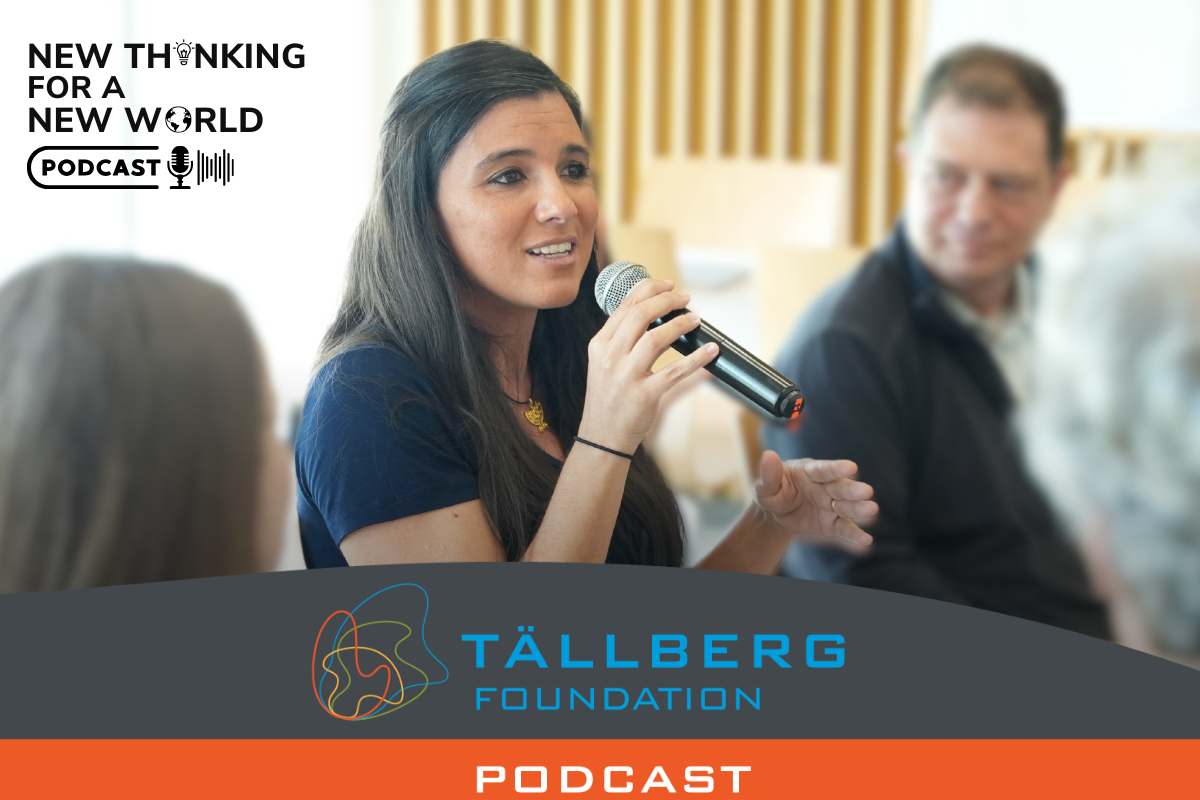
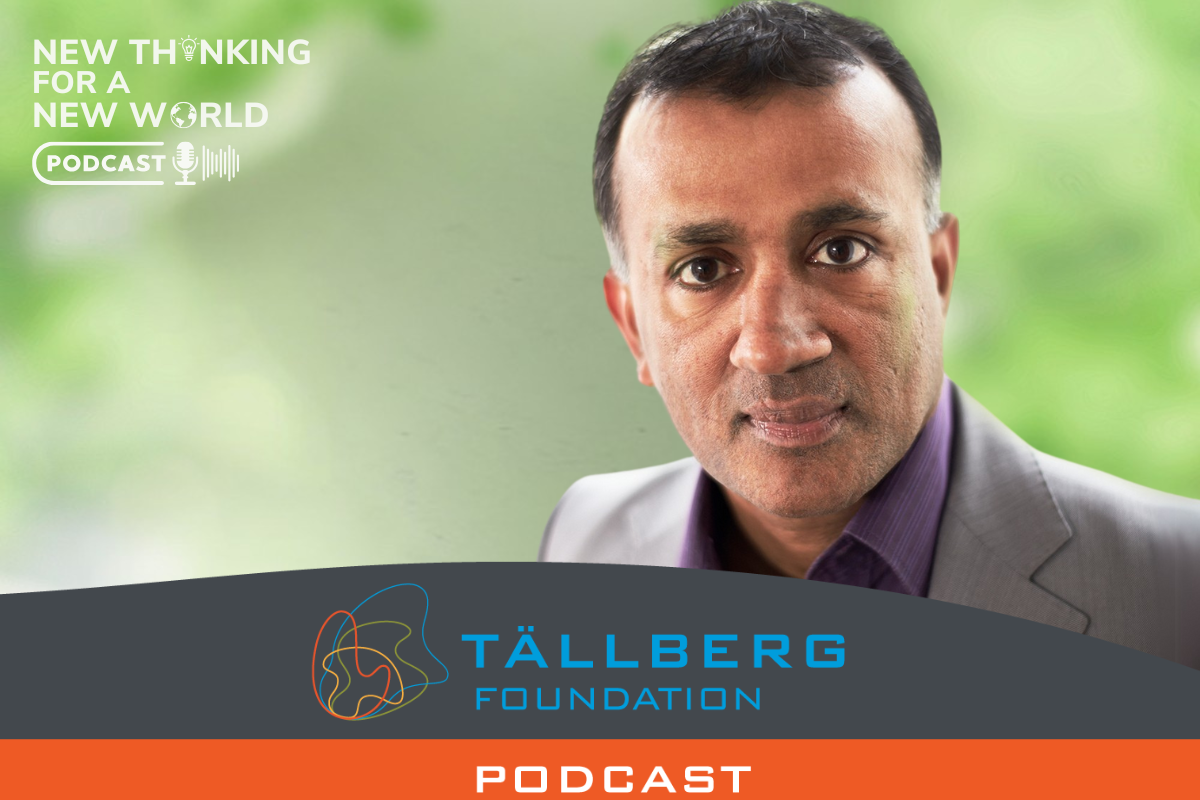
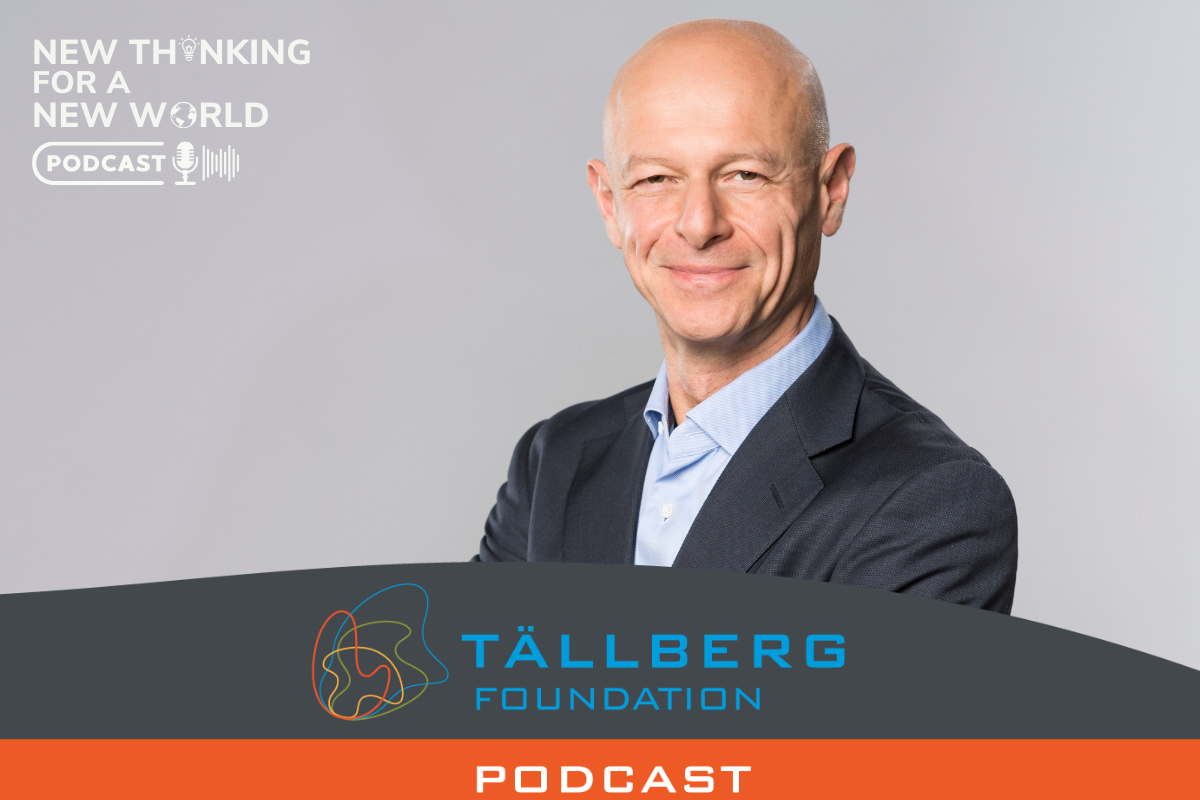
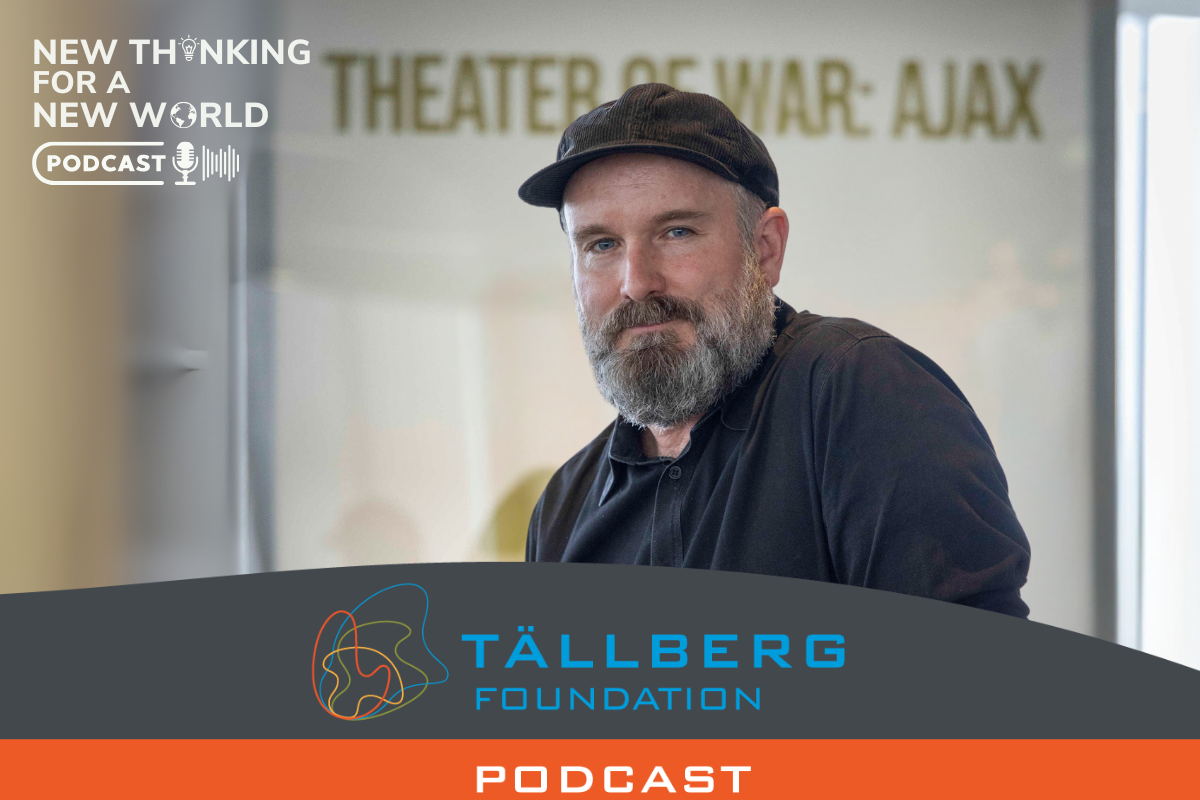
“When we talking about Democracy, we must first talked a bout the Young Generation (Youth). At the global level, there seems to be an understanding that youth are significant dividends of the global population, such that they need to be included in every decision-making process. They are also recognized as key agents of socio-economic and political movers of the society. Despite this fact, on the ground, youth are marginalized and excluded from the political and important decision making processes. This is truer especially in Africa than elsewhere in the world. Most politicians in Africa are failing to recognize this basic concern of the continent. The frustration and Misunderstanding of the youth generation is the biggest mistakes many Countries do to injure the progress of Democracy”.
Attention: Mr.Alan Stoga
Honorable Chairman,
Tallberg Foundation
Stolkhom- Sweden.
Sub: My comments on the Democrcy of The Latin America what had been expressed by the efficient venerable guests,on 3rd June 2021.
Democracy is a system of Government law, Policies, Leadership and major undertaking of a state or other polity are directly or indirectly decided by the people.
A democracy is a system where people can change their ruler in a peaceful manner and the Government the right to rule because the people say it may.
But Latin America today, facing deep challenges of Democracy.It rapidly deteriorating quality of democracy in Latin America.
As it enters the new year and a new decade, therefore, Latin America is marked “irritated democracies” characterized by anemic economic growth, Citizens frustration, Social tensions, discontent with politics, and weak governance. There is significant fear that 2021 will be another challenging year for the government of Latin America.
Lastly, the current situation of Democratic Discontent and Social Convulsion that Latin America is expericing requires offering democrating solutions to the problems of democracy in order to avoid a dangerous escalation of strong populist rhetoric, which could end up aggravating the complex regional situation. It is not merely enough to have quality and resilient democracies. It must also strive to build a modern and stragic state, better goverences, and political leadership committed to democratic values, transparency, a connection to the people, empathy, and the ability to govern the complex Society of the 21st Century.
Little wonder ,too, that the majority of Latin Americans see their democracies as foundering. Economies may thrive.Foreign investment may prosper. But the people don’t believe they are substantially better off. They long for a firmer hand. Perhaps these are symptoms of the growing global suspicion that democracy is rigged against the ordinary citizen, that it has less offer than an authoritarian government with a buoyant free market.
In the end, I wish to express that the Latin America’s wild race to democracy has failed to over come the region’s difficult history.The wounds left unattended, inequality, injustice, corruption, violence are powerful catalysts for discontent.
Md. Sanwar Hossain
Researcher,
World Personalities, Leaders and Laureates
Dhaka-Bangladesh
Mob: +88-01932234061